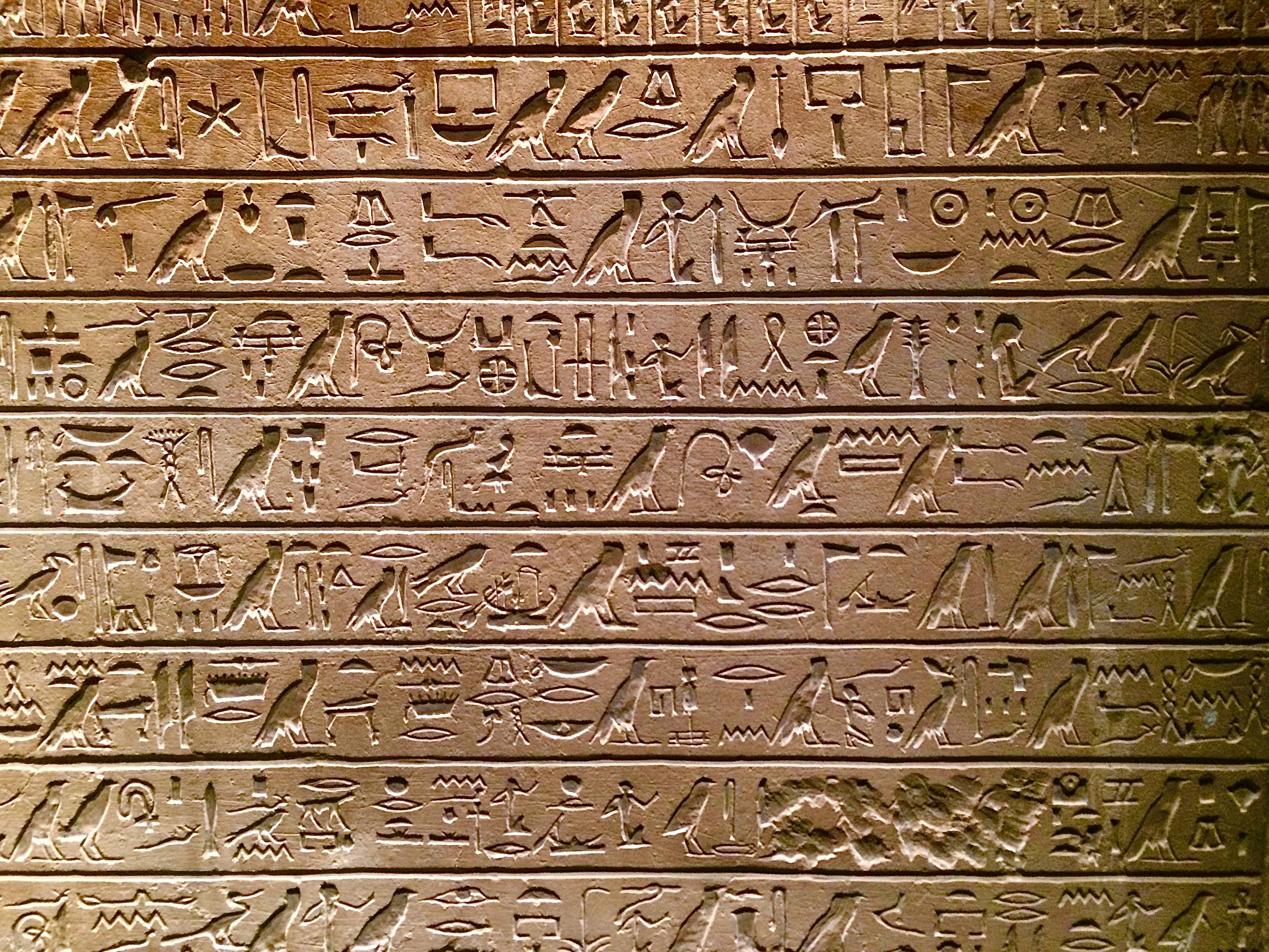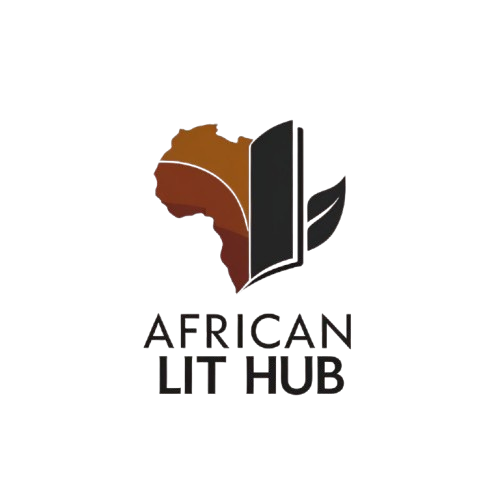Africa’s written literature is a vibrant and evolving tradition that reflects the continent’s rich cultural history, resistance to colonialism, and postcolonial struggles. While oral literature remains a cornerstone of African storytelling, written literature has become a powerful tool for documenting history, asserting identity, and addressing modern realities. From ancient hieroglyphics in Egypt to modern novels in English, French, Swahili, Amharic, and indigenous languages, Africa’s written literary heritage spans centuries and continents. This guide explores the history, development, major genres, and influence of Africa’s written literature.
Origins of Written Literature in Africa
Africa’s tradition of written literature predates colonialism by thousands of years. Indeed, it is factual that some of the world’s earliest writing systems originated on the continent. For instance, ancient Egypt used hieroglyphs as early as 3000 BCE to record religion, politics, and mythology. Another evidence points to the partially deciphered Meroitic scripts between 300 BCE and 400 CE. Besides, the Timbuktu manuscripts are a testament to Africa’s literary prowess. Islamic scholars are known to have produced thousands of manuscripts in Arabic and Ajami (African languages using Arabic script) between the 13th and 16th centuries in Tumbuktu. These manuscripts cover a variety of subject matters, ranging from philosophy, law, and astronomy to poetry. The records of these texts, subsequently, attest to Africa’s longstanding scholarly and literary tradition, often overlooked in global narratives about Africa.

Colonial Era and the Rise of Modern African Literature
When colonialism began in the 19th and 20th centuries, the European colonial powers imposed their foreign languages, educational systems, and cultural values upon the African colonies. Through various governance policies such as indirect rule and assimilation, the colonialists implemented suppressive policies meant to erase the cultural traditions and norms that formed the core of the African identity. Owing to this, Africans lost much of their repository of knowledge regarding education, technology, medicine, agriculture, arts, and many more. By imposing European culture and education on Africans, the colonialists sought to supress African ingenuiety.

Africa’s Intellectual Resistance Through Literature
However, African intellectuals began using these same tools—especially writing in European languages—to resist colonial domination. Early African writers wrote in English, French, and Portuguese, often blending indigenous themes with European literary forms. Their work laid the foundation for modern African literature. Pioneering authors like Thomas Mofolo (Lesotho) wrote Chaka in 1925. This text, written in Sesotho, explored Zulu history and leadership. Similarly, Amos Tutuola from Nigeria also wrote The Palm-Wine Drinkard (1952). He combined Yoruba folktale style with English. Chinua Achebe, also known as the father of modern African Literature, created Things Fall Apart (1958) to challenge colonial narratives and introduced the African perspective to global audiences. These writers used fiction to reclaim African voices and articulate the social and psychological damage of colonialism.
Post-Independence Literature: Reclaiming Identity
In the aftermath of colonialism, African nationalism sprouted across the globe. As the new wave of African independence movements between the 1950s and 1970s began, it sparked a new epoch of literary renaissance. Writers began to focus on the following themes in their works: national identity and cultural revival, postcolonial disillusionment, corruption and authoritarianism, and the struggle between tradition and modernity. Subsequently, literary genres expanded to include realistic novels, political satire, feminist writing, and revolutionary poetry. Also, several other key authors emerged, notable among them Ngugi wa Thiongo, Wole Soyinka, and Mariama Ba. Truly, this era solidified African literature as a voice of conscience and cultural continuity in the face of neocolonial pressures.
Contemporary African Written Literature: Global Voices
Today, African writers continue to explore a wide range of complex themes. They include diaspora and migration, gender and sexuality, technology and urban life, as well as war, trauma, and healing. Moreover, they write in both local and international languages, often blending traditional storytelling forms with modern literary techniques.
The Role of Female African Writers
Notably, many African women writers have earned widespread recognition, solidifying their positions among the most distinguished literary voices on the continent. Undoubtedly, female writers like Florence Nwapa, Ama Ata Aidoo, Buchi Emecheta, and Nawal El Sadaawi contributed to laying a solid platform for unveiling the patriarchal conditions amidst other social and cultural hurdles that beset the African woman. It is unsurprising, therefore, that contemporary African female writers have followed in the footsteps of the “matriarchs.” These prominent contemporary female African writers include Chimamanda Ngozi Adichie, Tsitsi Dangarembga, Leila Aboulela, and Jennifer Nansubuga Makumbi (Uganda). Admittedly, contemporary women writers continue to redefine African literature, pushing boundaries and exploring diverse identities.

Major Genres in African Written Literature
African written literature spans a wide range of genres, and each offers a lens into different facets of African life. They include African Novel, Poetry, Drama, Essays, and Non-Fiction.
The African Novel
Firstly, the African Novel is often the most recognised form of African literature, largely because it captures the individual and communal experiences within a particular social, political, and economic landscape of an era. Often, common themes include colonial legacies, gender inequality, urbanization, and generational conflict.
African Poetry
Secondly, African Poetry explores the themes of identity, freedom, oppression, spirituality, and personal expression. More often, poets employ rhythm, symbolism, and proverbs to evoke emotions and critique society. Like African novels, African poetry is also deeply rooted in oral traditions.
African Drama
In addition, Dramas serve as tools for social commentary and cultural revival. Observably, many African Dramas draw from rituals, folklore, and oral performance traditions. Theatre is used to engage communities, and it also inspires dialogue.
Essays and Non-fiction
From political treatises to memoirs and journalism, African non-fiction allows writers to analyze contemporary issues and document lived realities.
Language and Identity in African Literature
Language is a critical issue in African literature, and writers must often choose between using indigenous languages to reinforce cultural identity but limit global accessibility, or using colonial languages for broader reach and be disconnected from local audiences. Owing to this, some writers like Ngũgĩ wa Thiong’o advocate for writing in native languages to preserve African thought systems. Others like Chinua Achebe strike a balance by incorporating code-switching, proverbs, and local expressions in European-language texts. The linguistic diversity, however, enriches African literature and reflects its hybridity appropriately.
African Literature in the Digital Age
The internet has transformed how African literature is written, shared, and consumed. Digital platforms, online journals, podcasts, and social media have created space for new voices and experimental forms. Literary blogs and websites, for instance, showcase emerging talents. Similarly, social media platforms promote literary conversations and reader engagement while E-books and audiobooks expand accessibility across the continent. A typical example of how social media is used in modern times to promote African literature, specifically spoken word and poetry, is the ACE Spoken Word Contest organised by EducationUSA Kumasi, Ghana. The contest, which aims to promote literacy and boost confidence among students across all fields, serves as a vital platform for young voices to engage meaningfully in social themes. And guess what, these young voices ride on the back of spoken word (poetry) to achieve this. Without doubt, these developments democratize African storytelling and connect writers directly with diverse audiences.

Conclusion
Africa’s written literature is a dynamic mirror of the continent’s experiences—past, present, and future. From ancient manuscripts to prize-winning novels, African writers have continuously shaped global understanding through their words. Whether addressing colonial trauma, celebrating cultural identity, or imagining future realities, Africa’s literary voices remain bold, diverse, and profoundly human. If you’re new to African literature, this is your invitation to explore a world of depth, beauty, and resistance—one page at a time.
Ready to dive deeper? Explore our cornerstone guides:
- The African Novel → /african-novel
- African Poetry → /african-poetry
- African Drama → /african-drama
- Africa’s Oral Literature → /africas-oral-literature


I like that African novels today try to incorporate modern literary techniques into their story with a brush of it’s own history and culture. It makes Africa look diverse, yet unique and iconic. Thank you so much for this insightful information; it was very informative and detailed.
I’m glad you enjoyed it Akosua. Africa has a lot to showcase about our literary and cultural history, and the best we can do is to drum it loud.Drop by often to read educative contents! Chao..